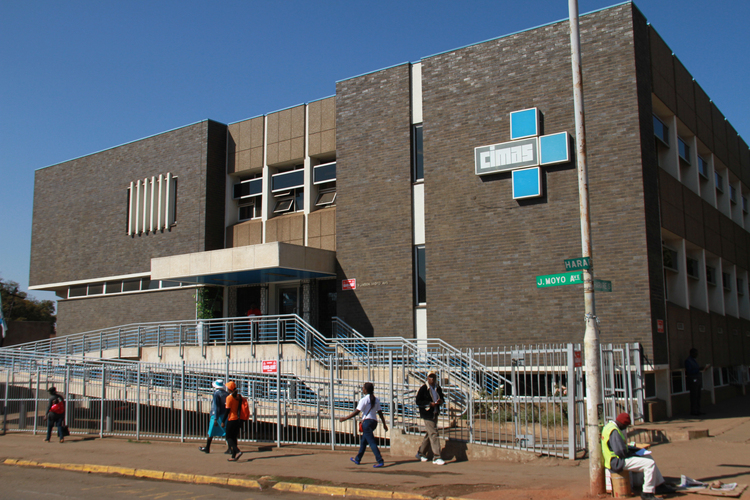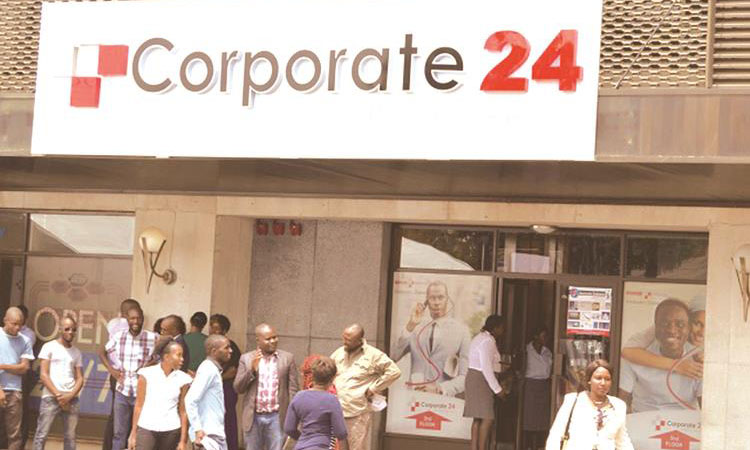
The Sunday Mail

Stakeholders in Cimas Medical Aid Society are questioning the seemingly incestuous relationship between board chair Mr Mordecai Mahlangu and the law firm that has been representing the company, Gill, Godlonton & Gerrans (GGG).
Mr Mahlangu is a partner in GGG.
With Cimas embroiled in a two-year-old benefits fight with medical services provider Corporate 24, stakeholders say the growing legal bill will only benefit GGG.
Sources told The Sunday Mail Business that in its dispute with Corporate 24, including the latest case in which it is claiming US$82 000 from the service provider for alleged prejudice and legal costs, GGG has represented Cimas more than five times.
But Cimas CEO Mr Vulindlela Ndlovu told this paper in e-mailed responses to our questions that the insurer had a “robust corporate governance framework which it adheres to at all times”.
“Appointments of any service providers (are) based on merit. In any business environment, conflicts of interest will arise, what is however, key is how these are dealt with.
“Any conflict of interest is declared to the board and the board will accordingly deal with the matter in terms of the agreed conflict of interest policy.
“The proper governance channels were used to appoint GGG and this was based on merit without any (undue) influence. GGG are only one of our legal service providers and instructions are forwarded to our various service providers dependent upon their capacity and competence to handle the same in the best interests of the society,” said Mr Ndlovu.
He added that Cimas had a fiduciary duty to protect and preserve members’ funds from abuse.
“We are concerned that you should perceive our instructing one of our firms of service providers as being ‘improper’. The time taken to resolve litigation is largely dependent upon the allocation of hearing dates by the courts,” said Mr Ndlovu.
He also noted that there was no correlation between the time taken to conclude a matter in court and the amount of money paid for services rendered.
However, one source said: “I guess he (Mr Mahlangu) is an interested party. It is bad corporate governance for his firm to represent an entity in which he is chairperson.
“Ordinarily, once you become a board chair and you are a lawyer in a firm representing the company you now chair, the company’s legal file is transferred.
“A classic example was when Mr Stanford Moyo of Scanlen and Holderness became chairman for Stanbic Bank. Scanlen and Holderness ceased representing the bank as part of efforts to avoid conflict of interest.
“And this is done to avoid a situation where one could start a legal action driven by the need to create work, and consequently money for their law firm, even when the issue could be resolved without resorting to the courts.”
Cimas, which has over 300 000 members, is at loggerheads with Corporate 24 over alleged fraudulent claims by the latter.
Of late, the medical aid provider has been encouraging its members who seek Corporate 24’s services to pay cash upfront, which amount will be later reimbursed.
The move appears to contravene Statutory Instrument 330 of 2000 and SI 35 of 2004, which direct medical aid providers to allow members to access service providers of their choice.
Apart from this, stakeholders are also frustrated by Cimas’ outsourcing of locally available services to foreign companies, moreso at a time hard currency shortages are affecting the economy.
The company recently opted for Grant Thornton Midrand of South Africa to conduct a forensic audit over reputable Zimbabwean firms. Cimas also hired a United States-based voice expert for the forensic audit.
Security at the company is provided by Fawcett Security, whose shareholders are based in South Africa.
Fawcett came under the spotlight in 2013 when the National Indigenisation and Economic Empowerment wanted it to come up with an acceptable indigenisation plan.




